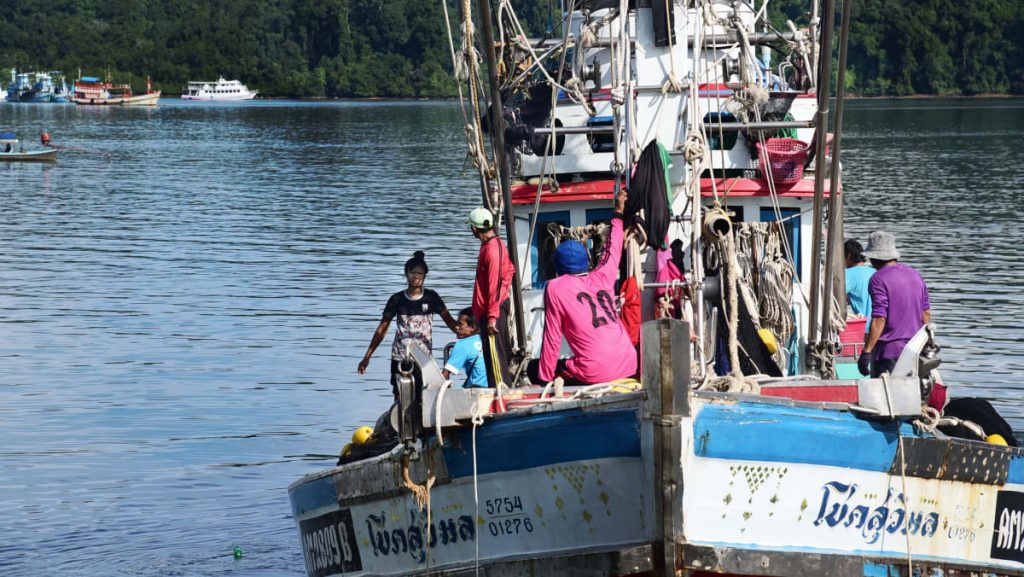In 2015, Thailand implemented stricter fisheries laws in response to potential bans on its seafood exports. These new regulations were put in place to combat illegal, unregulated, and unreported (IUU) fishing practices that were threatening the country’s reputation as a major seafood exporter. The regulations were aimed at improving sustainability in the fishing industry and ensuring that Thailand’s seafood exports met international standards for legality and traceability.
Small-scale fishers in Thailand have generally supported the new fisheries laws, as they understand the importance of sustainable fishing practices for the long-term viability of their livelihoods. Many small-scale fishers have been willing to comply with the regulations and make the necessary changes to their fishing practices in order to protect the health of the oceans and ensure the future of their businesses. However, larger players in the industry have expressed frustration with the new laws, claiming that they have made it “impossible” to conduct business as usual.
The stricter regulations in Thailand have placed additional burdens on larger fishing companies, requiring them to invest in new technology and equipment, as well as implement new management practices to ensure compliance. Some larger players in the industry have complained that the costs associated with these changes are too high and have put pressure on their bottom line. They argue that the regulations are overly restrictive and are stifling their ability to compete in the global seafood market.
Despite the complaints from larger players in the industry, the Thai government has remained firm in its commitment to enforcing the new fisheries laws. The government has emphasized the importance of sustainability in the fishing industry and has indicated that it will continue to crack down on illegal fishing practices in order to protect the country’s marine resources and reputation as a seafood exporter. The government has also implemented measures to support small-scale fishers and help them adapt to the changing regulatory landscape.
Moving forward, it is clear that Thailand’s fisheries industry is facing significant challenges as it tries to balance the needs of small-scale fishers, larger players in the industry, and international regulations. Finding a solution that works for all stakeholders will require careful planning and collaboration among government agencies, industry representatives, and environmental organizations. It will be important for all parties involved to work together to ensure that Thailand’s seafood exports remain sustainable and meet the highest standards of legality and traceability in order to protect the health of the oceans and the livelihoods of those who depend on them.
Overall, Thailand’s efforts to strengthen its fisheries laws in response to potential bans on its seafood exports reflect a commitment to sustainability and responsible stewardship of marine resources. While there have been challenges and complaints from some sectors of the industry, it is clear that the regulations are essential for protecting the long-term health of the oceans and ensuring the future viability of Thailand’s seafood industry. By working together to find solutions that balance the needs of different stakeholders, Thailand can continue to be a leader in sustainable seafood production and maintain its reputation as a major seafood exporter on the global stage.


